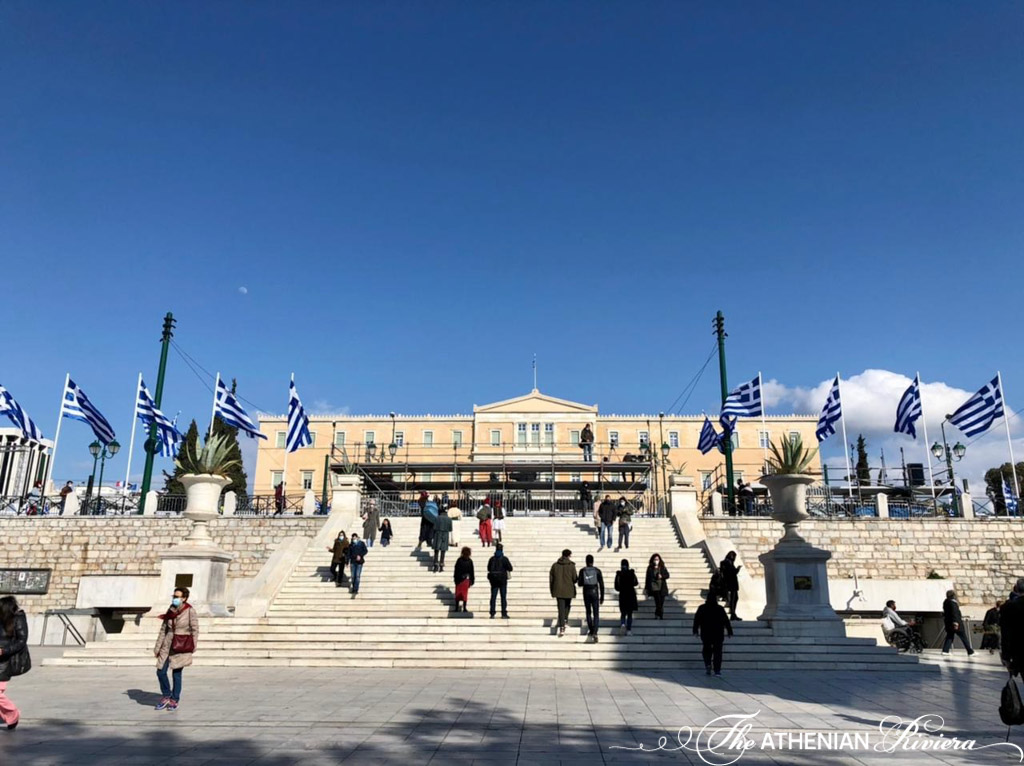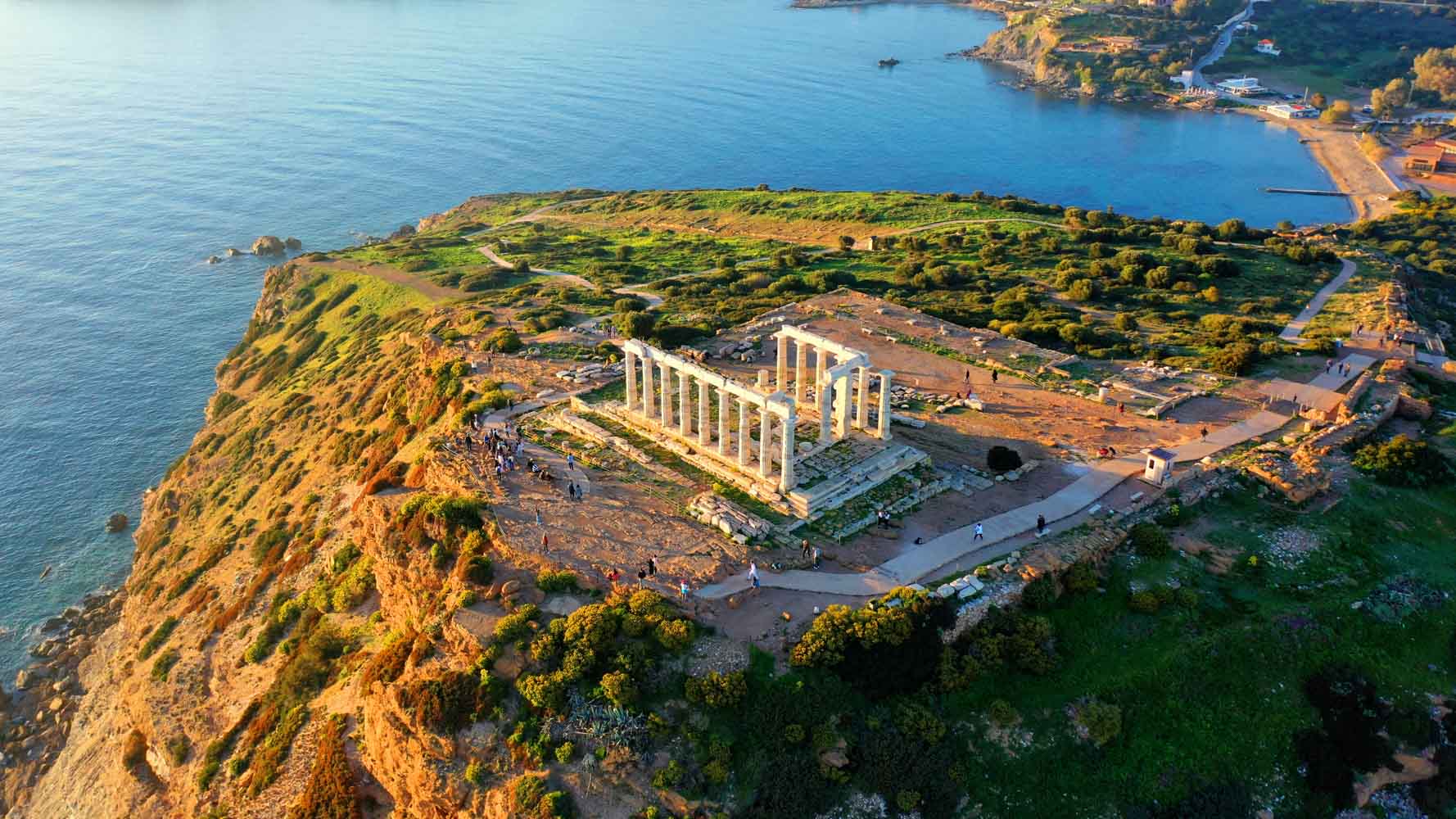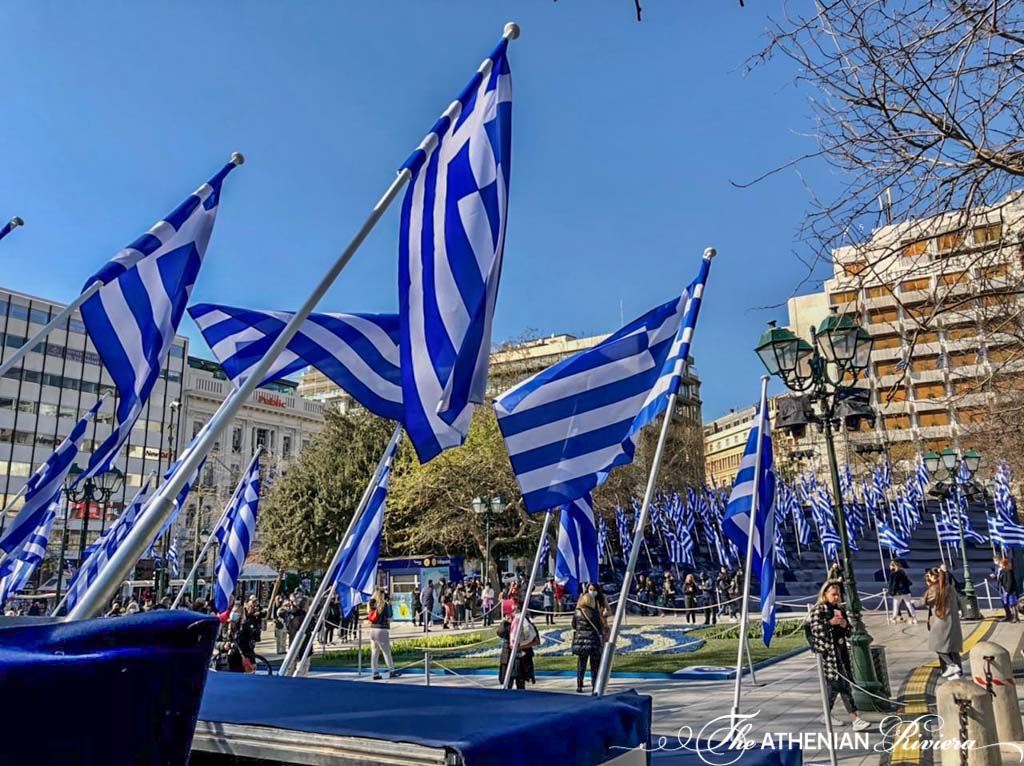
Celebrate Greece’s Oxi Day on the Athenian Riviera
October 28th marks one of the most significant national holidays in Greece, known as Oxi Day (also spelled Ohi Day). This day commemorates the anniversary of Greece’s defiance during World War II, when Greek Prime Minister Ioannis Metaxas famously rejected an ultimatum from Mussolini’s Italy in 1940, which led the country to join the war on the Allied side. Each year, this event is celebrated with immense pride, and its significance resonates not only throughout Greece but also among Greek communities abroad.
On the Athenian Riviera, a stunning coastal area south of Athens, the spirit of Oxi Day merges with the Riviera’s laid back ambiance, offering visitors and locals alike the opportunity to experience a unique celebration in this iconic location.
The Historical Significance of Oxi Day
Oxi Day (October 28, 1940) is one of the most defining moments in modern Greek history, celebrated annually as a national holiday to honor the country’s brave stance against fascism during World War II. It marks the day when Greek Prime Minister Ioannis Metaxas rejected an ultimatum from Italian dictator Benito Mussolini, famously saying “Oxi” (No) when asked to allow Axis forces to occupy strategic positions in Greece.
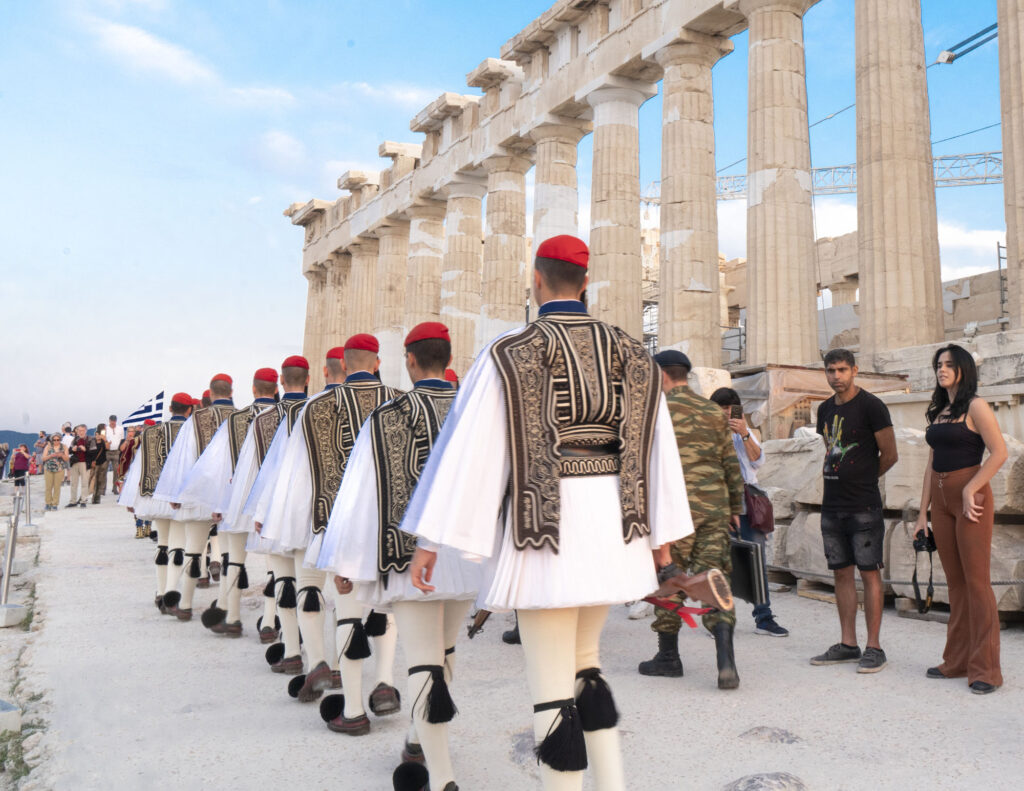
Evzones at the Acropolis
The Lead-Up to Oxi Day
By 1940, Mussolini’s Italy was eager to expand its influence across Europe, and Greece was seen as a key target due to its strategic location in the Balkans and its access to the Mediterranean Sea. On October 28, at dawn, an Italian ambassador presented Metaxas with a demand to allow Italian troops to enter and occupy critical locations in Greece. The ultimatum stated that Greece either had to comply or face invasion. Metaxas’ response was a firm “Oxi,” indicating that Greece would not surrender its sovereignty without a fight.
This decision quickly escalated into the Greco-Italian War, part of the larger conflict of World War II. On the same day that Metaxas refused the ultimatum, Italian forces launched an invasion from Albania, which was under Italian control at the time. Despite being outnumbered and under-equipped, the Greek army mounted a surprisingly strong defense and even pushed back Italian forces, marking the first major defeat of the Axis powers in the war.
Greece’s Role in World War II
The Oxi that echoed across the nation signaled not only defiance against Italy but also a larger resistance to fascism. Greece’s unexpected and resilient defense disrupted Mussolini’s plans and became a source of inspiration for the Allied forces.
Winston Churchill is famously quoted as saying, “Hence, we will not say that Greeks fight like heroes, but that heroes fight like Greeks,” in admiration of Greece’s bravery during the early stages of World War II.
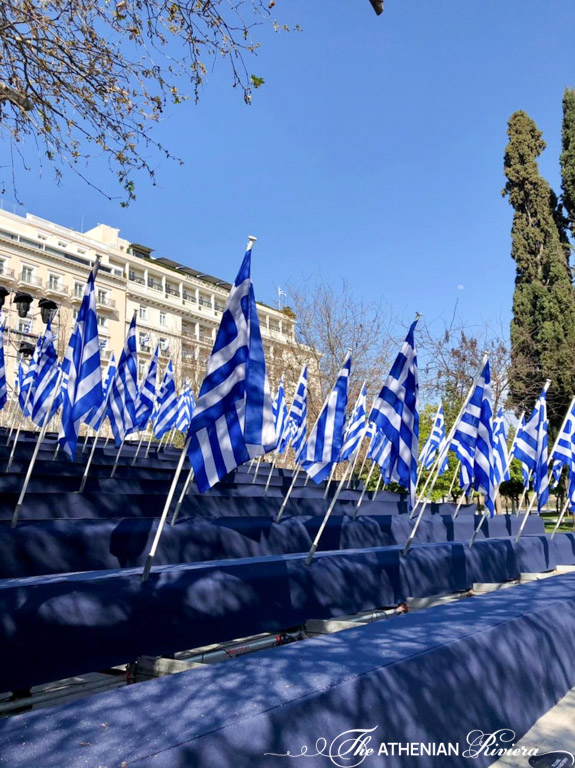
After Italy’s initial failure to conquer Greece, Germany stepped in to aid its Axis ally. In April 1941, Nazi forces launched a much larger and more coordinated attack on Greece, leading to the eventual occupation of the country by Axis forces. This period of occupation was marked by widespread suffering, resistance efforts by Greek partisans, and the further involvement of Greece in the global conflict. Despite the eventual occupation, the Greek people’s resistance became a symbol of courage and defiance that resonated across Europe.
The Importance of Oxi Day in Modern Greek Identity
The events of October 28, 1940, and the subsequent Greco-Italian War have become deeply embedded in Greek national identity. The celebration of Oxi Day is more than just a historical remembrance; it represents the ideals of bravery, unity, and the willingness to defend freedom and independence at all costs.
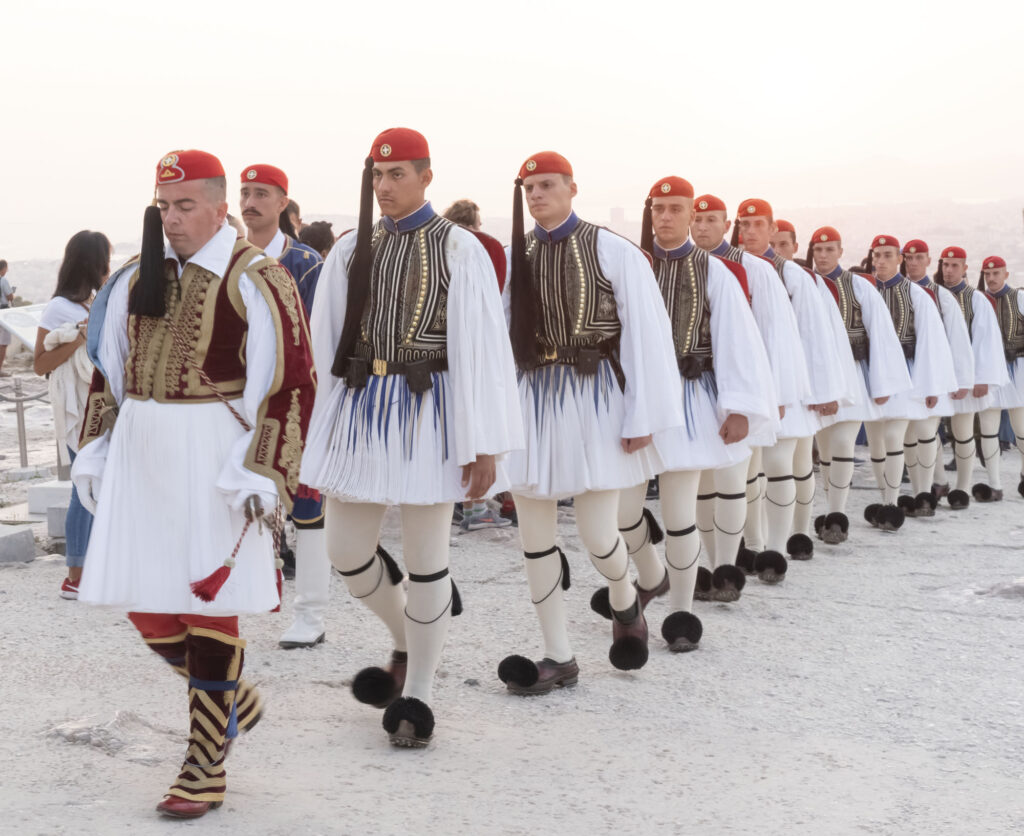
Throughout the war, Greece played a crucial role in slowing down Axis advances, which had far-reaching consequences for the rest of the conflict. Many historians argue that the delay caused by the Greek resistance affected the timing of the Nazi invasion of the Soviet Union, which ultimately contributed to the downfall of the Axis powers.
For Greeks, Oxi Day is a reminder of the importance of standing up for one’s beliefs and protecting the sovereignty of their nation, no matter the odds. It is a day of national pride, where the values of freedom, dignity, and resistance are celebrated not only through parades and events but also in personal and collective reflection.
The Symbolism of Oxi in Greek Culture
The word “Oxi” has transcended its historical moment and has become a symbol of resistance, unity, and national pride. In Greek culture, it represents the collective spirit of saying “no” to oppression and external control, a stance that has defined Greece’s modern history. From the fight against Axis powers in World War II to subsequent political struggles, the legacy of Oxi continues to inspire modern Greeks.
Every October 28th, Greeks honor the heroes of the past who defended their country against overwhelming odds. The day serves as a reminder that courage and perseverance in the face of adversity are qualities that have shaped Greece’s history and continue to influence its future.
The Grand Oxi Day Parade in Athens
While the Athenian Riviera offers a unique and more relaxed way to celebrate Oxi Day, those staying in the region can also experience the grandeur of the official military parade held in the heart of Athens, just a short drive from the Athens Riviera. Here’s what you can expect from the Athens parade on October 28th:
A Showcase of National Pride
The main Oxi Day parade in Athens takes place along Amalias Avenue, near Syntagma Square and the Greek Parliament. The event is attended by high-ranking government officials, military leaders, and foreign diplomats. The President of Greece typically presides over the ceremony, reflecting the importance of the event on the national calendar.
Military and Student Participation
The parade features a striking display of Greece’s military might and discipline, with the participation of the Hellenic Armed Forces, including the army, navy, and air force. Military units march in perfect formation, often accompanied by tanks, armored vehicles, and aircraft flyovers, showcasing Greece’s modern defense capabilities.
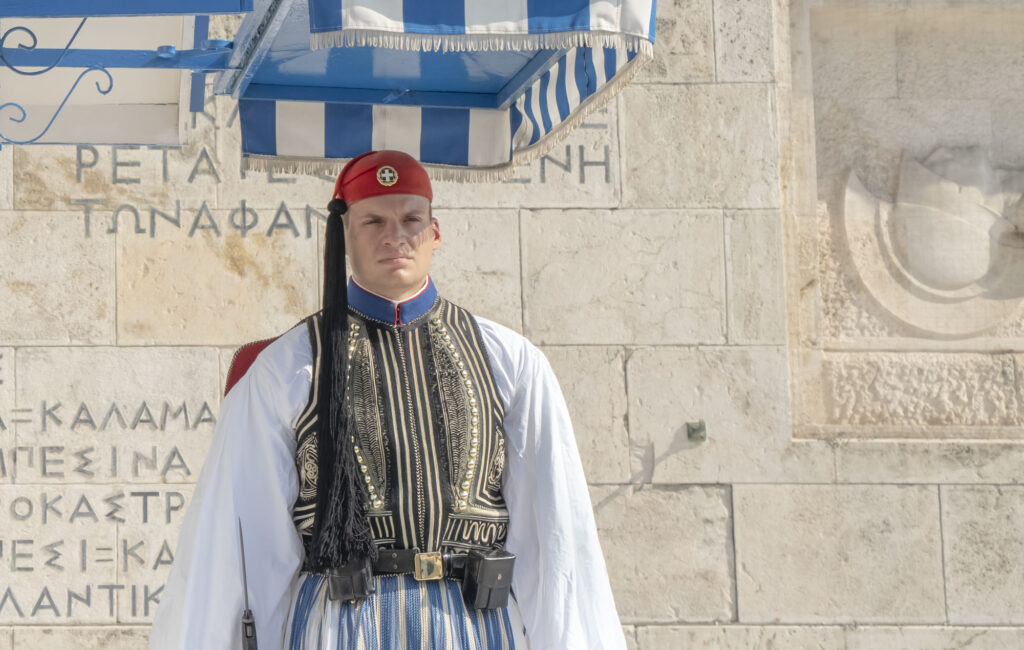
Evzone outside the Hellenic Parliament Building
A highlight of the parade is the appearance of the Evzones, the elite presidential guard, known for their unique traditional uniforms and precise ceremonial marching.
In addition to the military, schools from across Athens participate, with students proudly marching in their uniforms, often waving Greek flags. These student processions are a cherished part of the celebration, symbolizing the continuity of national pride across generations.
Cultural and Patriotic Significance
The parade is not just a military spectacle but also a deeply cultural and patriotic event. It is a visual representation of the defiance that Greece demonstrated in 1940, as well as a commemoration of the many sacrifices made by the Greek people during World War II. The air is filled with patriotic songs, and the sight of the Greek flag flying high instills a sense of unity and pride among onlookers.
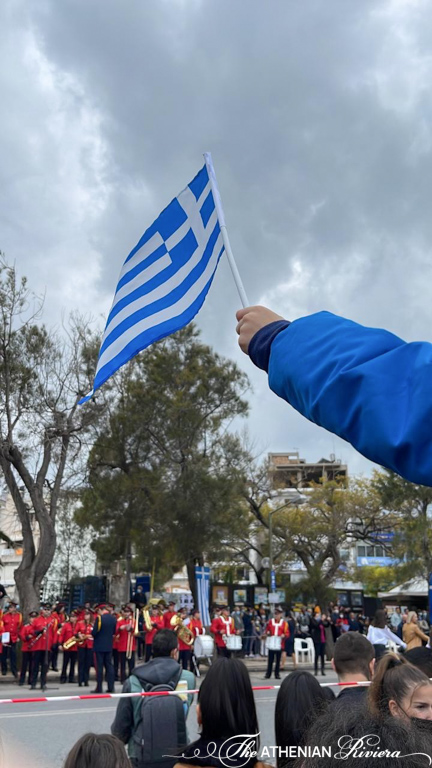
Many attendees wear blue and white, the colors of the Greek flag, and some even carry small flags as they watch the procession. The national anthem is sung with fervor, and speeches from prominent figures emphasize the importance of resistance, freedom, and national identity.
Visiting the Parade from the Athenian Riviera
For those staying along the Athenian Riviera, attending the parade in Athens can easily be combined with a day of sightseeing or shopping in the city center. A 30-40 minute drive or short public transport ride will take you to the heart of Athens, where you can witness the parade and then explore the city’s many attractions, such as the Acropolis, the Plaka neighborhood, and the vibrant Monastiraki square.
It is recommended to arrive early to secure a good viewing spot along Amalias Avenue or near Syntagma Square. The parade typically starts in the mid-morning, but it’s recommended to arrive at least an hour before to find a comfortable place to stand and watch.
How Oxi Day is Celebrated on the Athenian Riviera
While major celebrations, including the official military parade, take place in cities like Athens and Thessaloniki, the Athenian Riviera offers a more relaxed yet equally heartfelt way to commemorate this significant day. Here’s what you can expect:
Local Parades and Processions: Towns and neighborhoods along the Athenian Riviera, such as Glyfada, Vouliagmeni, and Voula, host local parades where students march, dressed in traditional attire. These events are often attended by local officials and citizens, creating a communal and patriotic atmosphere.
Combining History and Luxury on the Athenian Riviera
The Athenian Riviera is best known for its luxury resorts, pristine beaches, and world-class dining options. Visitors during Oxi Day can combine the Riviera’s cosmopolitan allure with the national celebrations, making it an unforgettable experience.

Stay at Luxurious Hotels: Many of the Riviera’s top hotels and resorts, like the Four Seasons Astir Palace in Vouliagmeni or the Divani Apollon Palace&Thalasso, offer special packages during this period. These locations are perfect for enjoying the festivities in comfort and style, with views of the Saronic Gulf and easy access to local parades and events.
Beachfront Dining with a Patriotic Twist: Many restaurants along the Athenian Riviera offer special menus that celebrate Greek culinary traditions. Enjoy a seaside meal at one of the elegant venues in Glyfada, Voula or Vouliagmeni, with fresh seafood and local delicacies, while soaking in the patriotic ambiance of Oxi Day.
Conclusion: A Unique Way to Experience Oxi Day on the Athenian Riviera
Celebrating Oxi Day on the Athenian Riviera offers the perfect blend of cultural history and luxurious experiences. You can immerse yourselves in the patriotic spirit while enjoying the region’s natural beauty, fine dining, and elegant accommodations. The mix of local parades, cultural events, and scenic landscapes makes the Athenian Riviera an exceptional place to experience one of Greece’s most important national holidays.


